Hair Care Routine: 7 Ways Ginger Can Help In Hair Growth
Ginger is known for its numerous health benefits, including its potential to promote hair growth. Here are seven ways in which ginger can help in hair growth:
Stimulates Hair Follicles
)
Ginger contains circulatory agents that help improve blood flow to the scalp, thus stimulating the hair follicles. This increased circulation can enhance the delivery of essential nutrients to the hair follicles, promoting healthy hair growth.
Anti-Inflammatory Properties

Ginger possesses anti-inflammatory properties that can help soothe the scalp and prevent inflammation. Inflammation can lead to hair loss or hinder hair growth, so reducing inflammation can create a healthier way for hair to grow.
Combats Dandruff
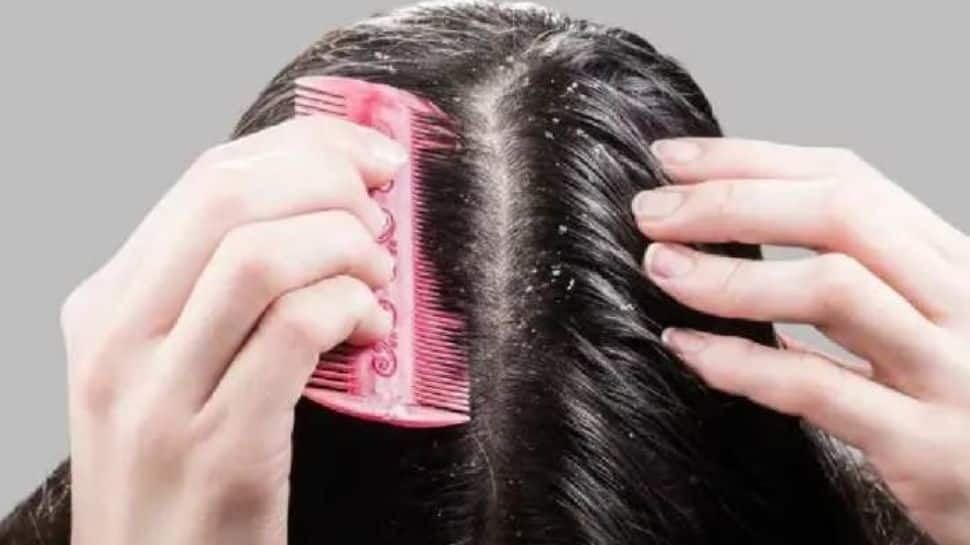
Dandruff can contribute to hair loss and hinder hair growth. Ginger has antifungal properties that can help combat dandruff-causing fungi, ensuring a healthier scalp and better conditions for hair growth.
Strengthens Hair
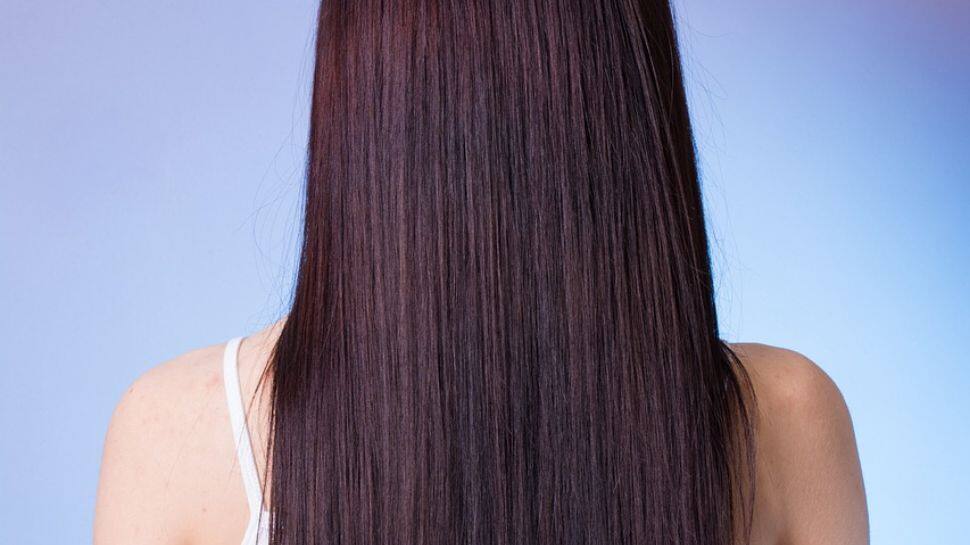
Ginger contains vitamins and minerals, such as magnesium, potassium, and phosphorus, that can strengthen the hair strands. Stronger hair is less prone to breakage and damage, promoting longer and healthier hair growth.
Enhances Hair Shine
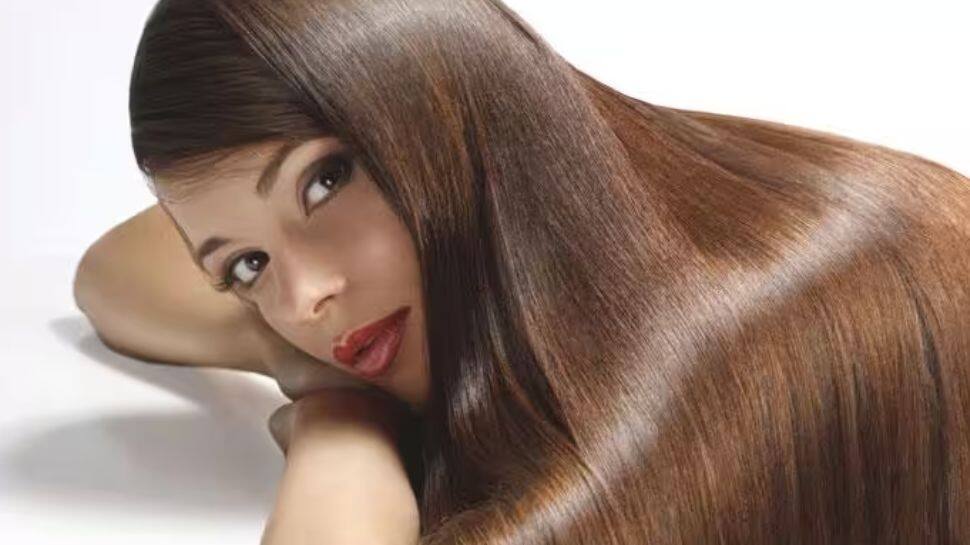
Regular use of ginger can improve hair shine and luster. Ginger's natural properties can help restore the natural moisture balance of the scalp and hair, resulting in shinier, healthier-looking locks.
Reduces Hair Loss
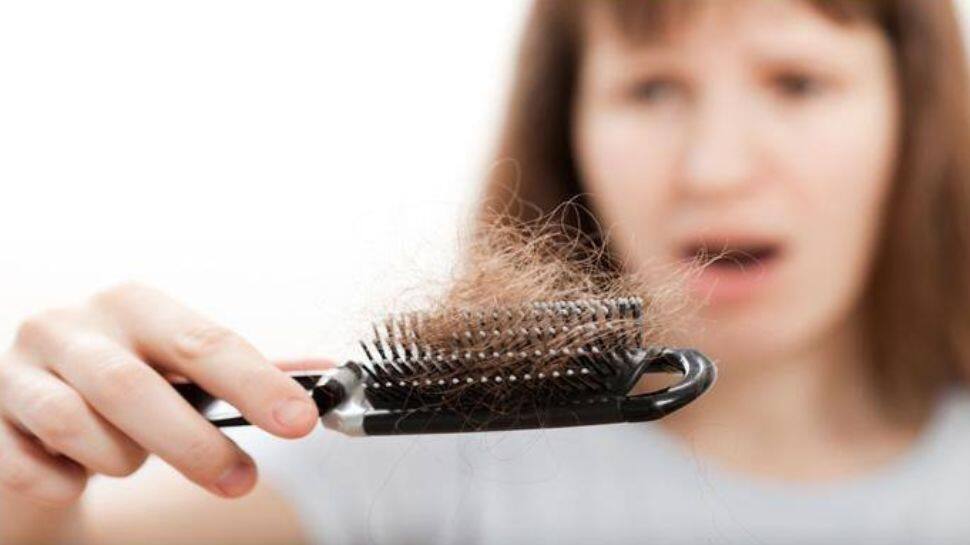
Ginger's ability to improve blood circulation, strengthen hair, and combat scalp issues like dandruff can collectively contribute to reducing hair loss. By creating a healthier scalp environment and nourishing the hair follicles, ginger can help minimize hair shedding and promote regrowth.
Natural Hair Conditioning
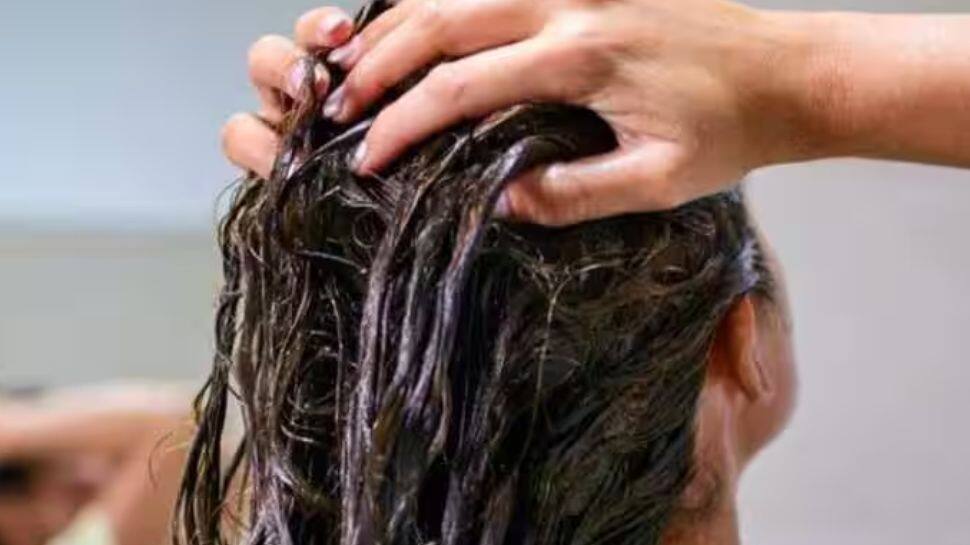
Ginger can act as a natural hair conditioner, leaving the hair softer and more manageable. It can help improve the overall health of the hair, making it less prone to breakage and split ends.
(This article is meant for informational purposes only and must not be considered a substitute for advice provided by qualified medical professionals.)
Trending Photos








